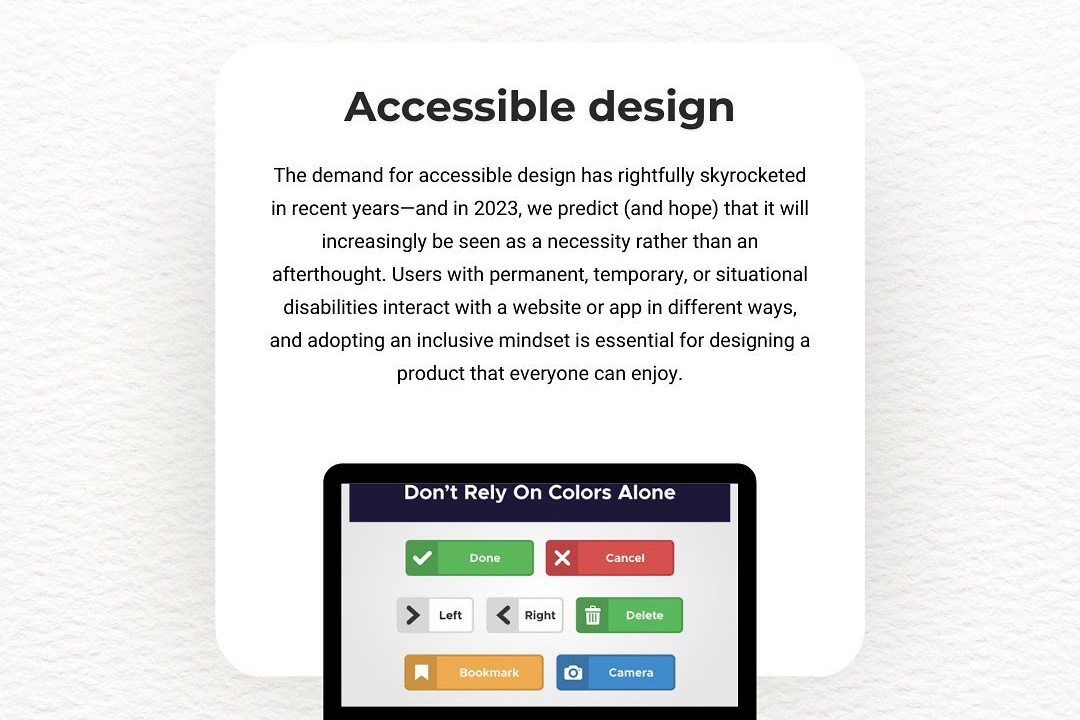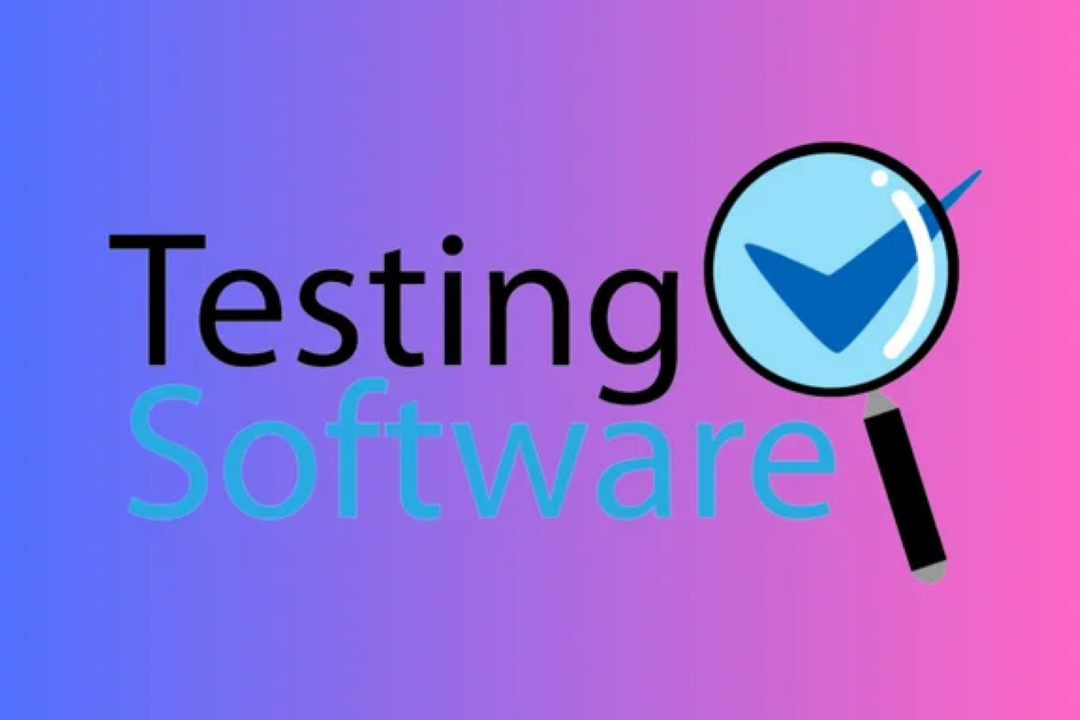Which Tool Is Better Appium Or Selenium
When it comes to choosing between Appium and Selenium, the decision hinges on the type of applicatio
Which Tool Is Better Appium Or Selenium
When comparing Appium and Selenium, the choice ultimately depends on your testing requirements. Selenium shines in the realm of web applications, offering extensive browser support and a robust framework for automating complex web interfaces. It excels in scenarios where web applications need cross-browser compatibility testing. On the other hand, Appium is tailored for mobile application testing, allowing you to automate tests across native, hybrid, and mobile web apps on both Android and iOS devices, all without altering the app's source code. This flexibility makes Appium an indispensable tool for developers focused on mobile platforms. In essence, for web applications, Selenium is unmatched, while Appium is essential for mobile testing, making both tools invaluable depending on your specific testing needs.
To Download Our Brochure: https://www.justacademy.co/download-brochure-for-free
Message us for more information: +91 9987184296
When comparing Appium and Selenium, the choice ultimately depends on your testing requirements. Selenium shines in the realm of web applications, offering extensive browser support and a robust framework for automating complex web interfaces. It excels in scenarios where web applications need cross browser compatibility testing. On the other hand, Appium is tailored for mobile application testing, allowing you to automate tests across native, hybrid, and mobile web apps on both Android and iOS devices, all without altering the app's source code. This flexibility makes Appium an indispensable tool for developers focused on mobile platforms. In essence, for web applications, Selenium is unmatched, while Appium is essential for mobile testing, making both tools invaluable depending on your specific testing needs.
Course Overview
The “Which Tool is Better: Appium or Selenium?” course offers a comprehensive comparison of two leading automation testing frameworks. Participants will explore the strengths and weaknesses of both tools, delving into their functionalities, use cases, and best practices. The course includes hands-on sessions where learners can apply real-time projects to test both Appium and Selenium, helping them to understand which tool best suits their specific testing needs. By the end of the course, attendees will be equipped with the knowledge and skills necessary to make informed decisions about choosing the right automation framework for their web and mobile applications.
Course Description
The “Which Tool is Better: Appium or Selenium” course provides an in-depth analysis of two prominent automation testing tools used in software development. Participants will gain insights into the unique features, advantages, and limitations of Appium and Selenium through interactive lectures and practical sessions. The course emphasizes hands-on learning with real-time projects, allowing learners to effectively compare and contrast these frameworks based on factors like ease of use, platform compatibility, and testing capabilities. By the end of the course, attendees will be equipped to make informed decisions about selecting the most suitable tool for their specific testing environments and needs.
Key Features
1 - Comprehensive Tool Coverage: Provides hands-on training with a range of industry-standard testing tools, including Selenium, JIRA, LoadRunner, and TestRail.
2) Practical Exercises: Features real-world exercises and case studies to apply tools in various testing scenarios.
3) Interactive Learning: Includes interactive sessions with industry experts for personalized feedback and guidance.
4) Detailed Tutorials: Offers extensive tutorials and documentation on tool functionalities and best practices.
5) Advanced Techniques: Covers both fundamental and advanced techniques for using testing tools effectively.
6) Data Visualization: Integrates tools for visualizing test metrics and results, enhancing data interpretation and decision-making.
7) Tool Integration: Teaches how to integrate testing tools into the software development lifecycle for streamlined workflows.
8) Project-Based Learning: Focuses on project-based learning to build practical skills and create a portfolio of completed tasks.
9) Career Support: Provides resources and support for applying learned skills to real-world job scenarios, including resume building and interview preparation.
10) Up-to-Date Content: Ensures that course materials reflect the latest industry standards and tool updates.
Benefits of taking our course
Functional Tools
1 - Appium
Appium is an open source automation tool specifically designed for mobile applications. It allows testers to write tests using their preferred programming languages like Java, Python, Ruby, and C#. One of the greatest strengths of Appium is its cross platform capability, enabling the same code to be executed on both iOS and Android platforms, significantly reducing the effort required for testing mobile applications. Appium supports hybrid, native, and mobile web apps while leveraging the WebDriver protocol. This flexibility makes it an essential tool for testers focusing on mobile testing.
2) Selenium
Selenium is a widely used open source framework for automating web applications for testing purposes. It supports multiple programming languages, including Java, C#, and Python, and can be easily integrated with testing frameworks like TestNG and JUnit. Selenium provides the ability to run tests on various browsers, including Chrome, Firefox, and Safari. Its versatility is enhanced by the Selenium Grid, which allows for parallel execution of tests across different environments, increasing testing speed and efficiency. Due to its large community and extensive documentation, Selenium remains a popular choice for web application testing.
3) Cross Platform Testing
A significant differentiator between Appium and Selenium is their approach to cross platform testing. Appium's ability to conduct mobile testing extends beyond traditional web applications, allowing testers to assess mobile interfaces and performance. In contrast, Selenium focuses on web based applications, delivering robust capabilities for browser automation. This distinction is vital for organizations whose primary focus is mobile development, making Appium a better choice for mobile testing scenarios while Selenium serves web applications effectively.
4) Development Environment
Both tools can be integrated into popular development environments, but their setup may vary. Appium requires additional dependencies such as Android SDK or Xcode for iOS testing. On the other hand, Selenium has a more straightforward setup, especially for web applications, as it primarily relies on browser drivers. The choice depends on the development team's existing infrastructure and familiarity with mobile development tools, making training on both tools essential for students entering the testing field.
5) Community and Support
The communities surrounding both Appium and Selenium are robust, providing extensive resources, forums, and user guides. Selenium's long standing presence in the industry has resulted in abundant documentation and support, which can be invaluable for beginners. Appium, though relatively newer, has rapidly gained a dedicated following, offering resources to navigate mobile testing. Students who engage in this training program will not only gain hands on experience but also join communities where they can seek advice and share experiences with industry professionals.
6) When to Use
Choosing between Appium and Selenium largely hinges on the project's specific needs. If the focus is on mobile application testing, particularly for hybrid or native apps, Appium is the clear choice due to its tailored features for mobile environments. Conversely, for comprehensive web application testing scenarios across various browsers, Selenium stands out as a better fit. Understanding these contextual applications will empower students to make informed decisions in their future careers, ensuring they select the right tool for the job at hand.
7) Test Automation Framework Integration
Both Appium and Selenium can be integrated into various test automation frameworks. However, the integration process may vary based on the framework's support. Appium works seamlessly with frameworks such as TestNG and Cucumber, allowing for behavior driven development (BDD) testing. Selenium, being widely adopted, integrates effortlessly with a multitude of frameworks, including JUnit and NUnit. This flexibility in integration enhances the functionality and effectiveness of test scripts, enabling students to design comprehensive test suites tailored to different project requirements.
8) User Interface Testing
User interface (UI) testing is crucial for ensuring a seamless user experience in both web and mobile applications. Appium provides a rich set of functionalities for UI testing in mobile apps, including the ability to interact with mobile specific elements such as gestures, touch actions, and device features (like GPS and camera). In contrast, Selenium excels at UI testing for web applications, supporting intricate interactions with the browser environment. Understanding the capabilities each tool offers in the context of UI testing is essential for students, making them adept in ensuring high quality user interfaces.
9) Device and OS Support
Appium supports a wide range of real devices and simulators/emulators across both Android and iOS platforms. This capability allows developers and testers to validate their applications on multiple devices and operating system versions, which is crucial for ensuring compatibility and performance. Selenium primarily focuses on web browsers across desktop operating systems. Students training in these tools will learn about the importance of device diversity and compatibility issues in the mobile domain, preparing them for real world challenges in application testing.
10) Test Reporting and Logging
Effective test reporting and logging are vital for analyzing test results and debugging failed tests. Appium integration with reporting frameworks such as Allure and Extent Reports allows testers to generate detailed reports that visualize test execution and outcomes. Similarly, Selenium can be integrated with various logging libraries and reporting tools, fostering clear communication of test results to stakeholders. Teaching students about these integrations will emphasize the importance of transparent reporting in automated testing, allowing future professionals to present their findings succinctly.
11 - Performance Testing Capabilities
While both Appium and Selenium primarily focus on functional testing, their roles in performance testing can differ. Appium can be combined with tools like JMeter, allowing teams to assess the performance of mobile applications under different conditions. Selenium users can integrate with performance testing tools as well but should be cautious, as Selenium is not designed explicitly for performance load testing. Understanding these differences will empower students to select the appropriate tools for specific testing types, ensuring they have well rounded knowledge for optimizing application performance.
12) Learning Curve
The learning curve for mastering each tool can vary significantly based on prior experience and the complexity of the project. Beginners might find Selenium easier to grasp, given its emphasis on web applications and the availability of abundant tutorials and documentation. Appium may require additional knowledge regarding mobile development frameworks and platforms, which could pose a steeper learning curve for those unfamiliar with mobile testing. Introducing students to effective learning resources and developmental pathways for both tools will empower them to navigate their educational journeys effectively.
13) API Testing Support
API testing is crucial for ensuring reliable interactions between different services in an application. While neither Appium nor Selenium specializes in API testing, they can be used in conjunction with dedicated API testing tools (like Postman or SoapUI). Understanding how to integrate these testing aspects will provide a more holistic approach to automation, ensuring students can address both front end and back end testing needs in their projects.
14) Future Proofing Skills
The technology landscape is ever evolving, and with the rise of new tools and methodologies, staying current is vital. Appium and Selenium continue to receive updates and improvements, reflecting shifts in mobile and web application development. Encouraging students to engage with both platforms will offer them the flexibility to adapt to industry changes, making them more valuable assets in the job market as they can transition seamlessly between mobile and web testing environments.
15) Career Opportunities
Familiarity with both Appium and Selenium opens diverse career paths in the software testing landscape. Organizations are continually seeking skilled professionals who can operate across multiple environments, enhancing the effectiveness and reach of their testing practices. By equipping students with comprehensive knowledge of both tools, JustAcademy positions them for various roles, from mobile application testers to Selenium automation engineers, ultimately broadening their job prospects in an increasingly competitive market.
Browse our course links : https://www.justacademy.co/all-courses
To Join our FREE DEMO Session:
This information is sourced from JustAcademy
Contact Info:
Roshan Chaturvedi
Message us on Whatsapp: +91 9987184296
Email id: info@justacademy.co












